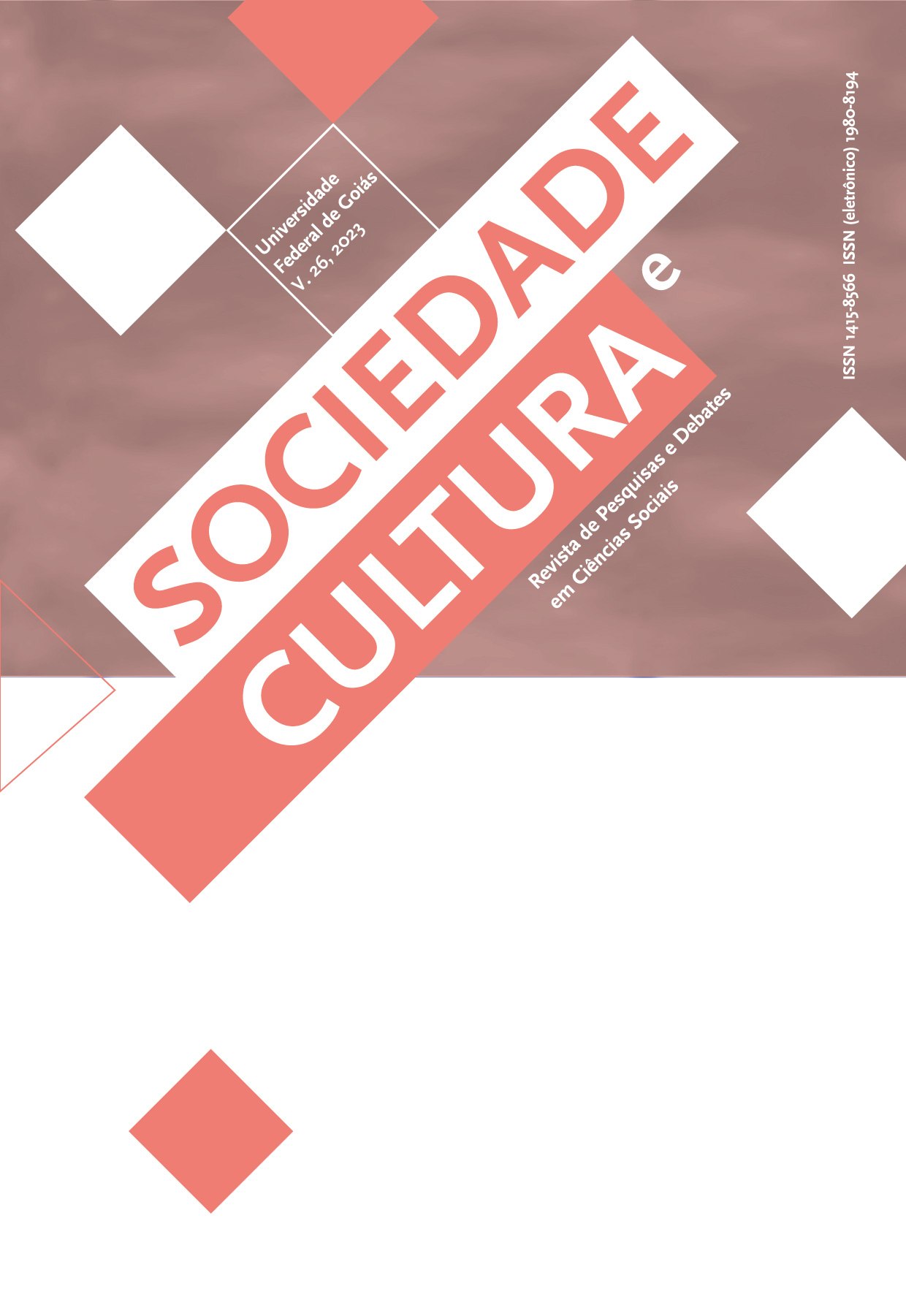A política de inovação e o impasse do desenvolvimento no Brasil
DOI:
https://doi.org/10.5216/sec.v26.74361Resumo
A pesquisa internacional, de modo geral, registra uma variedade de estratégias de inovação dos países, tais como a Alemanha e os Estados Unidos, em razão das características das relações e da estrutura produtiva que marcam os sistemas de inovação, das imposições dos quadros institucionais, e das conjunturas das lutas e alianças de atores na defesa de seus interesses. Este artigo discute essa conjectura, analisando centralmente as mudanças na política de inovação brasileira em resposta ao impasse do processo de desenvolvimento que se deflagra em meados dos anos 2010 no País. Os dados foram obtidos em diferentes normas legais, bases estatísticas oficiais do País em consulta a rankings
internacionais, acompanhando o desempenho ao longo dos anos 2010. A passagem de uma política orientada às interações para outra, com acento em redução de custos, relaciona-se, pois, tanto com os traços tendenciais de fortalecimento de setores convencionais quanto com um jogo de posições em defesa de interesses entre ganhadores e perdedores na crise.
Downloads
Downloads
Publicado
Como Citar
Edição
Seção
Licença
Copyright (c) 2023 Sociedade e Cultura

Este trabalho está licenciado sob uma licença Creative Commons Attribution 4.0 International License.
Autores/as que publicam nesta revista concordam com os seguintes termos:
- Autores/as mantêm os direitos autorais e concedem à revista o direito de primeira publicação, sendo o trabalho simultaneamente licenciado sob a Creative Commons Attribution License, o que permite o compartilhamento do trabalho com reconhecimento de autoria e da publicação inicial nesta revista.
- Autores/as têm autorização para assumir contratos adicionais separadamente, para distribuição não exclusiva da versão do trabalho publicada nesta revista (ex.: publicar em repositório institucional ou como capítulo de livro), com reconhecimento de autoria e da publicação inicial nesta revista.
- Autores/as têm permissão e são estimulados/as a publicar e a distribuir seu trabalho online (ex.: em repositórios institucionais ou na sua página pessoal) a qualquer ponto antes ou durante o processo editorial, já que isso pode gerar alterações produtivas, bem como aumentar o impacto e a citação do trabalho publicado (veja O Efeito do Acesso Livre).


 Esta revista está licenciada sob a licença
Esta revista está licenciada sob a licença 
